Ultimate Guide to Beijing 240-Hour Visa-Free Transit (2025)
Why Choose Beijing 240-Hour Visa-Free Transit
Beijing, China’s capital, is a city of extraordinary contrasts—where emperors once ruled from grand palaces and where futuristic skyscrapers now define the skyline. For international travelers, the Beijing 240-hour visa-free transit policy offers a unique opportunity: up to 10 days of immersive exploration without the need for a pre-arranged visa. Whether you are fascinated by imperial history, eager to hike the Great Wall, curious about Chinese cuisine, or interested in cultural performances, this policy transforms a layover into an unforgettable journey. In this comprehensive guide, we will cover everything from policy details to daily itineraries, local food recommendations, cultural activities, and practical travel tips.
Meta Description : Explore Beijing with the 240-hour visa-free transit in 2025. Learn policy details, itineraries with food and culture, and travel tips for Beijing, Tianjin, and Hebei without a visa.
Understanding the Beijing 240-Hour Visa-Free Transit Policy
What Is the Beijing 240-Hour Visa-Free Transit?
The Beijing 240-hour visa-free transit is a policy that allows eligible travelers to stay in Beijing, Tianjin, and Hebei Province for up to 10 days without applying for a visa beforehand. It is specifically designed for international passengers who are transiting through China and traveling onward to a third country, making it perfect for those looking to explore northern China while en route to their final destination.
Eligibility Requirements
To qualify, you must:
-
Hold an eligible passport: Citizens from over 50 countries, such as the US, UK, Canada, Australia, Japan, South Korea, Singapore, and EU nations.
-
Be traveling to a third country: Your journey must go from one country → China → a different third country (not directly back to where you came from).
-
Have confirmed onward travel: A valid flight or train ticket proving departure within 240 hours is required.
-
Possess a valid passport: With at least six months of validity.
-
No immigration violations: Previous infractions can disqualify entry.
Entry and Exit Points
Eligible ports of entry include:
-
Airports: Beijing Capital International Airport (PEK) and Beijing Daxing International Airport (PKX).
-
Railway: Beijing West Railway Station for international arrivals.
Permitted Region
Travel is limited to Beijing, Tianjin, and Hebei Province. This regional allowance is broad, enabling visitors to walk the Great Wall, explore Tianjin’s European-style quarters, and even take trips to Hebei’s mountain resorts.
Application Procedure
-
Inform the airline at check-in that you intend to use the visa-free transit.
-
Complete the “Visa-Free Transit” arrival card provided on the plane or at the airport.
-
Present your passport, onward ticket, and hotel reservation at immigration.
-
Receive the temporary entry stamp allowing a 240-hour stay.
Restrictions
-
Must depart within 240 hours.
-
Travel restricted to Beijing, Tianjin, Hebei.
-
Onward travel must be to a third country.
Expanded Itineraries for Beijing 240-Hour Visa-Free Transit
With up to 10 days available, you can design itineraries that balance sightseeing, dining, and cultural immersion. Below are sample routes with detailed food recommendations integrated into each day.
Classic 5-Day Beijing Highlights
-
Day 1: Arrival & Beijing Center → Arrive in Beijing, check into your hotel, then start with Tiananmen Square and the Forbidden City. In the evening, stroll along Wangfujing Snack Street, where you can sample candied hawthorns, skewers, and dumplings—a perfect introduction to Beijing street food.
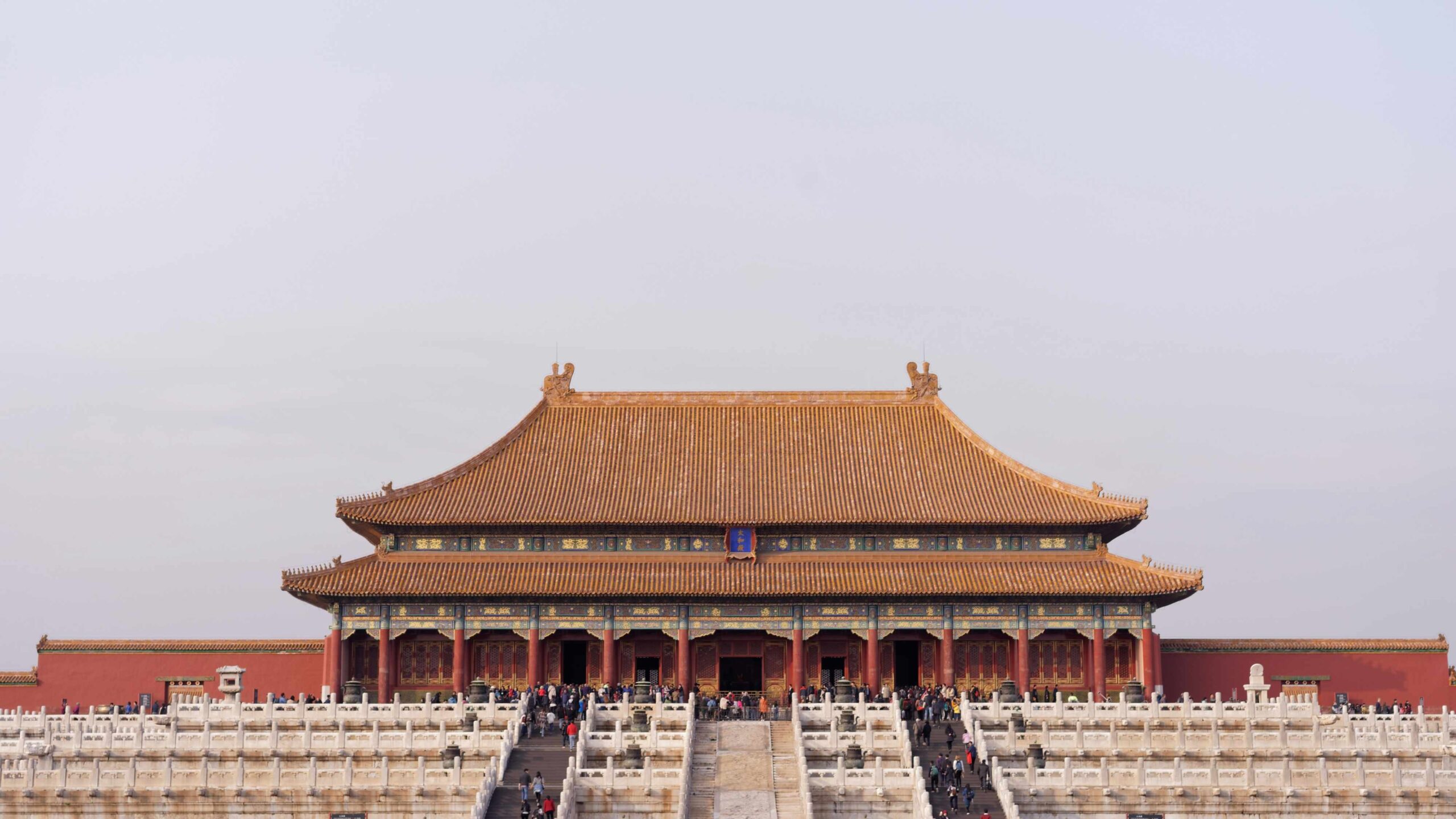
-
Day 2: Great Wall Adventure → Take a day trip to Mutianyu Great Wall. Reward yourself afterward with a hearty hotpot dinner, where slices of lamb and fresh vegetables are cooked tableside in spicy broth.
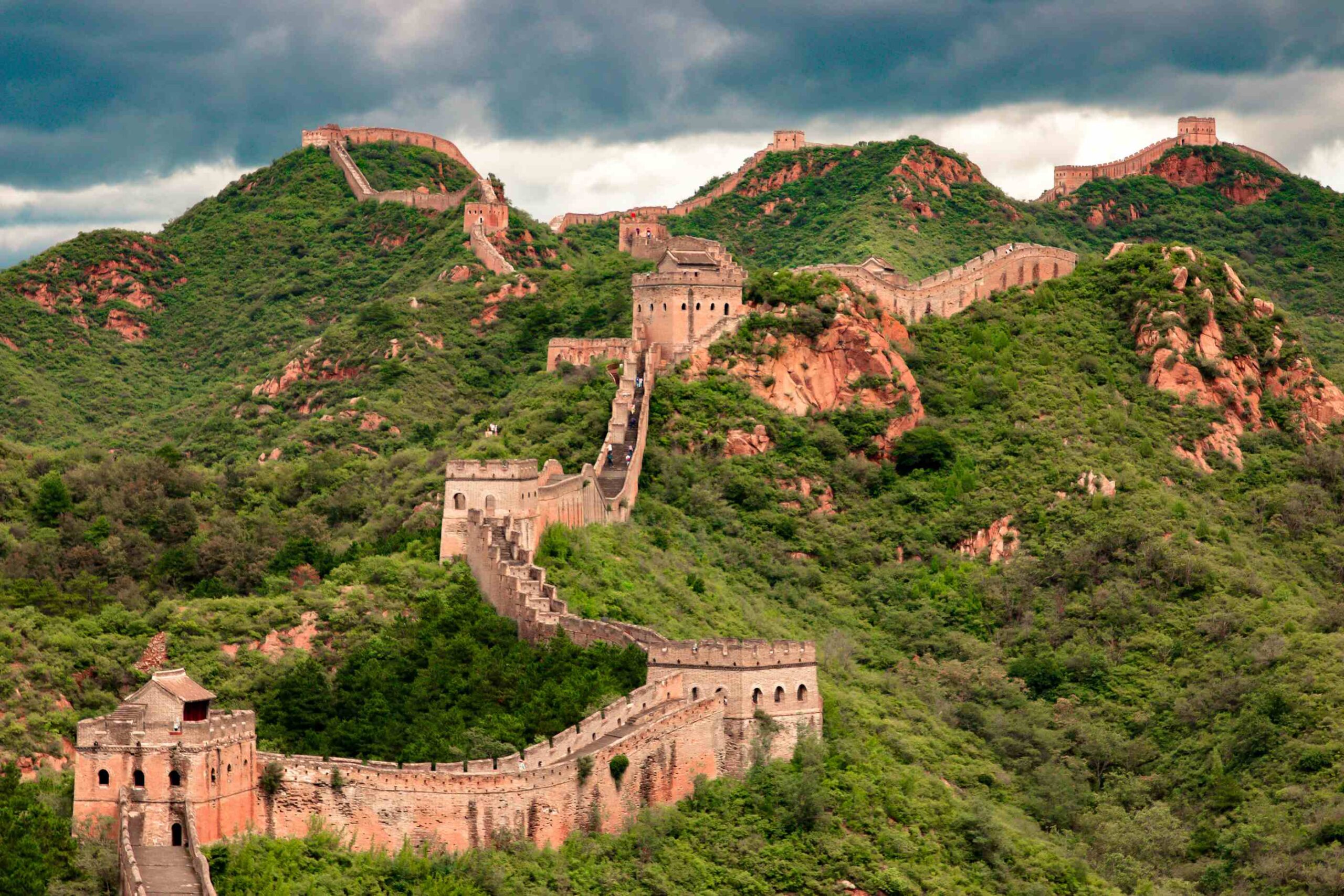
-
Day 3: Temples and Palaces → Visit the Temple of Heaven in the morning, then spend the afternoon exploring the Summer Palace’s lakeside gardens. At night, enjoy a performance of Peking Opera and pair it with a traditional Beijing roast duck dinner at Quanjude.
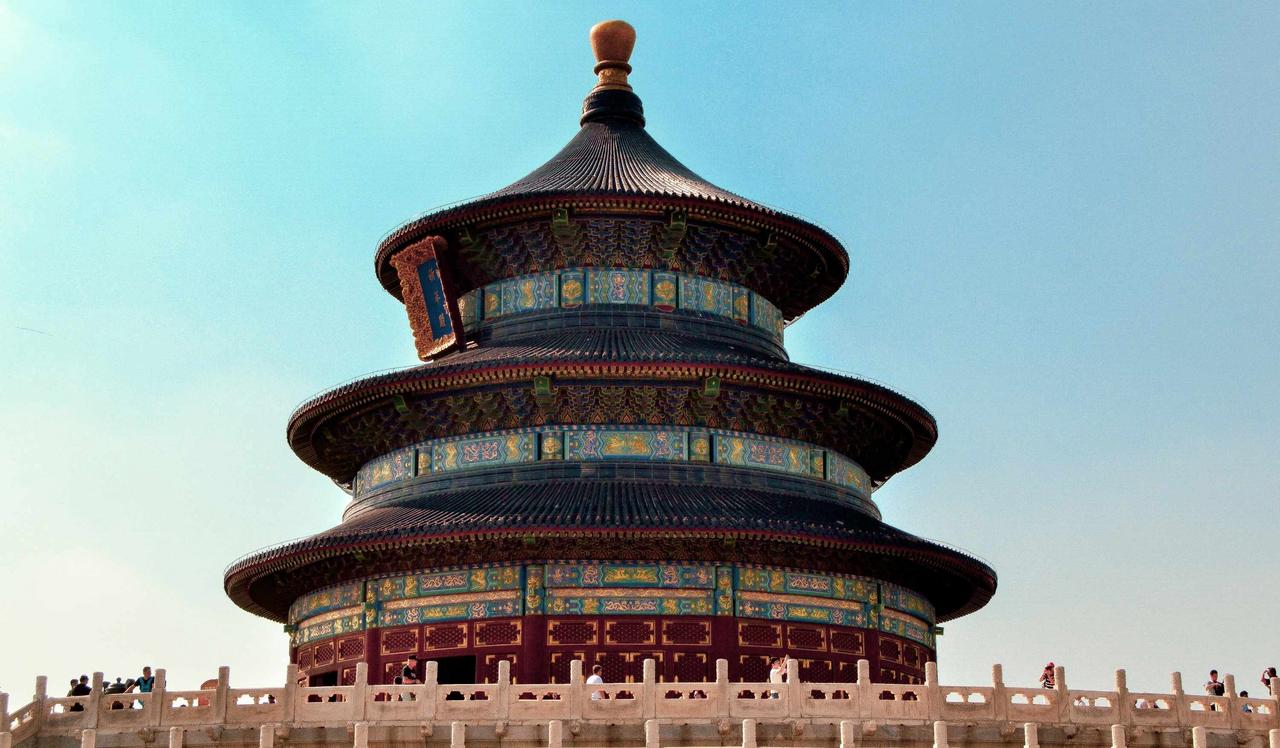
-
Day 4: Old Beijing Charm → Wander the hutongs with a guided tour, stopping for noodles and jianbing (savory pancakes) at small local eateries. Later, explore the Drum & Bell Towers and unwind with drinks by Houhai Lakes.
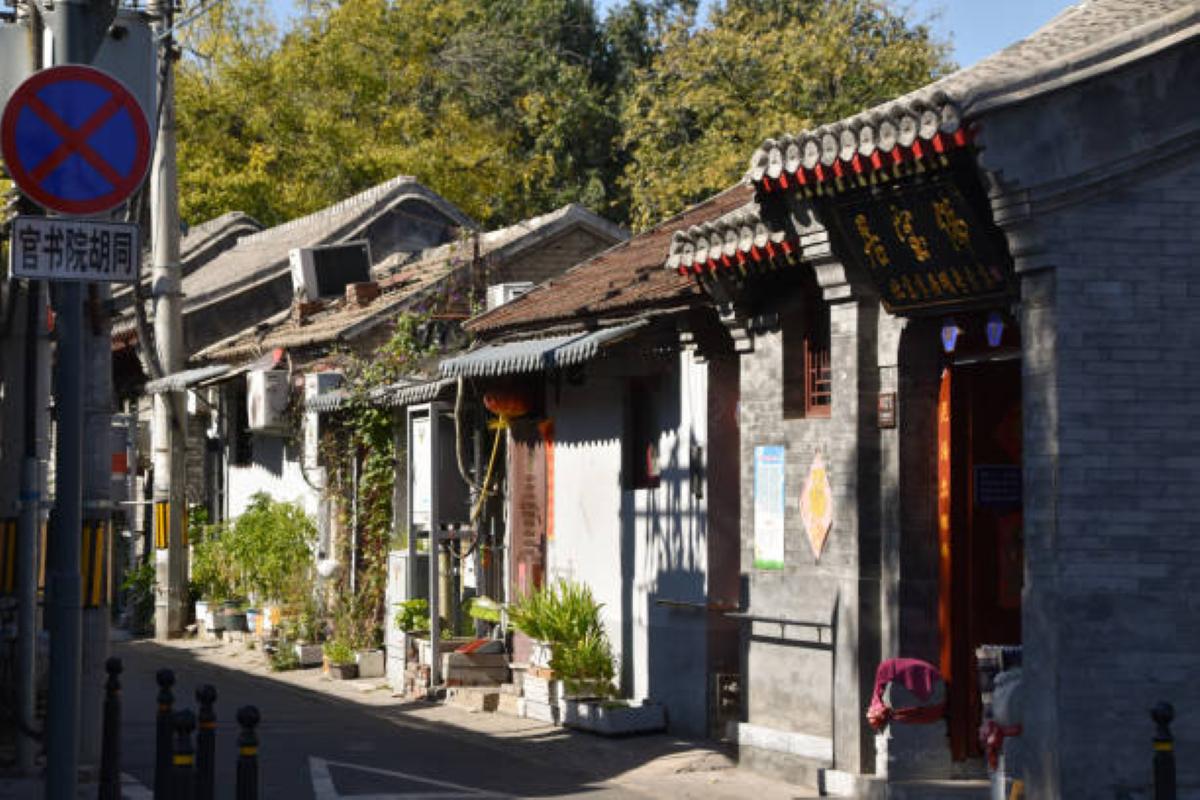
-
Day 5: Modern Art & Olympic Legacy → Explore the 798 Art District and have lunch at a stylish café. End the trip at the Olympic Park, then dine at a fusion restaurant blending international and Chinese cuisine.
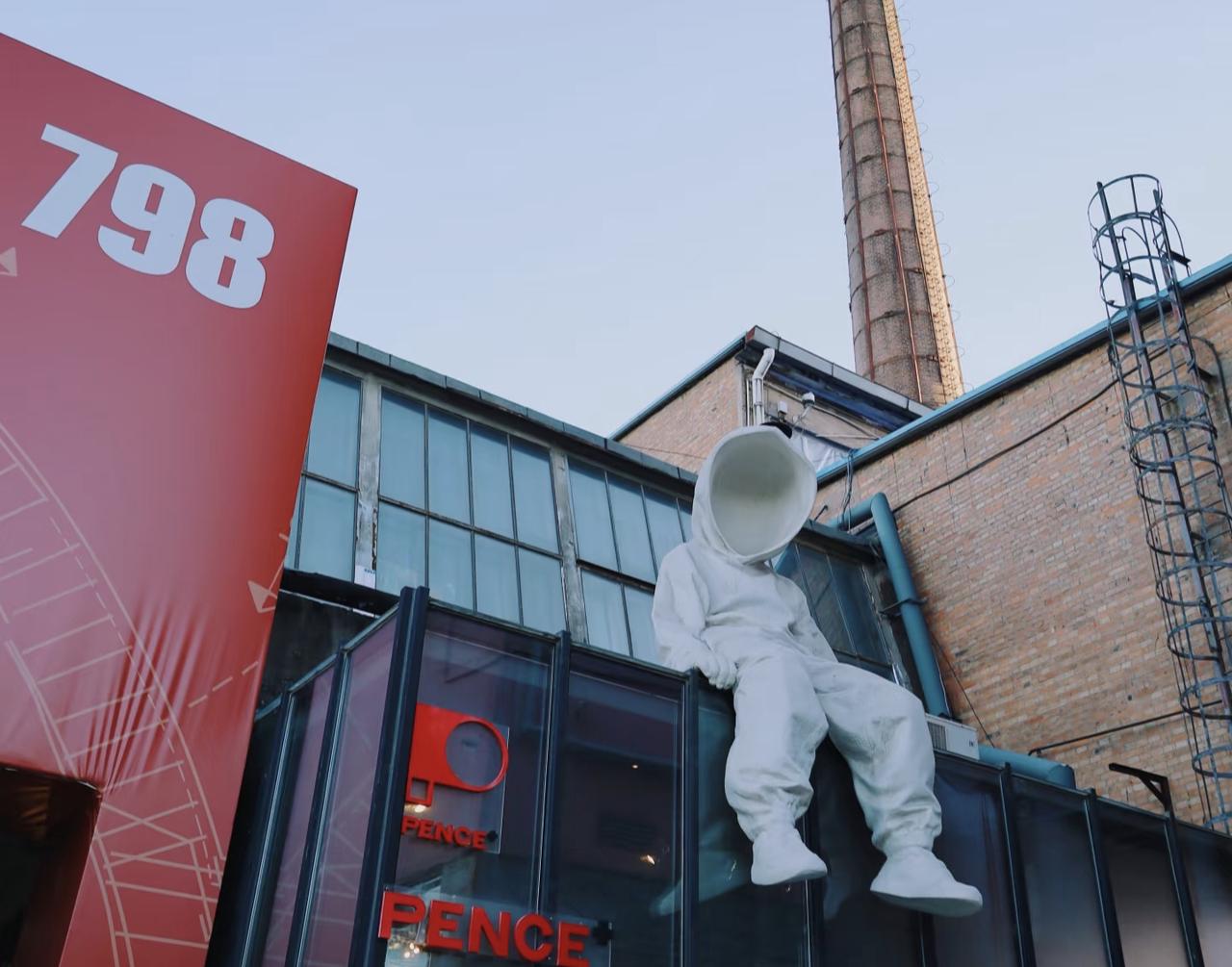
7-Day Beijing + Tianjin Extension
-
Days 1–5: Follow the classic route.
-
Day 6: Tianjin Exploration → Take the high-speed train to Tianjin. Wander the Italian Concession, enjoy fresh seafood, and try Goubuli steamed buns. Visit the Tianjin Eye Ferris Wheel before returning to Beijing.
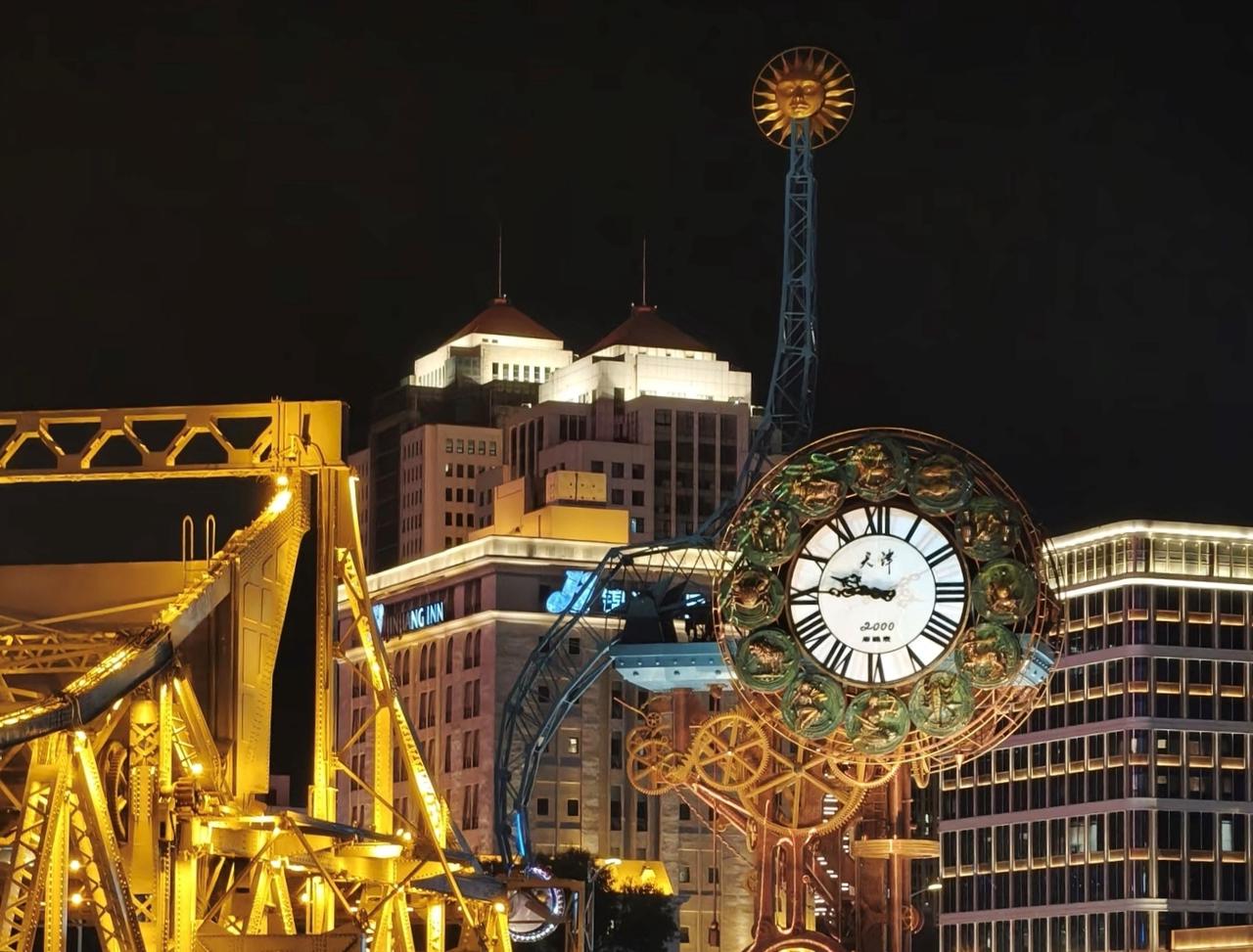
-
Day 7: Shopping & Food Crawl → Spend your final day at Panjiayuan Antique Market and Qianmen Street for souvenirs. Try Sanyuan Meiyuan’s dairy snacks and finish with another roast duck feast.
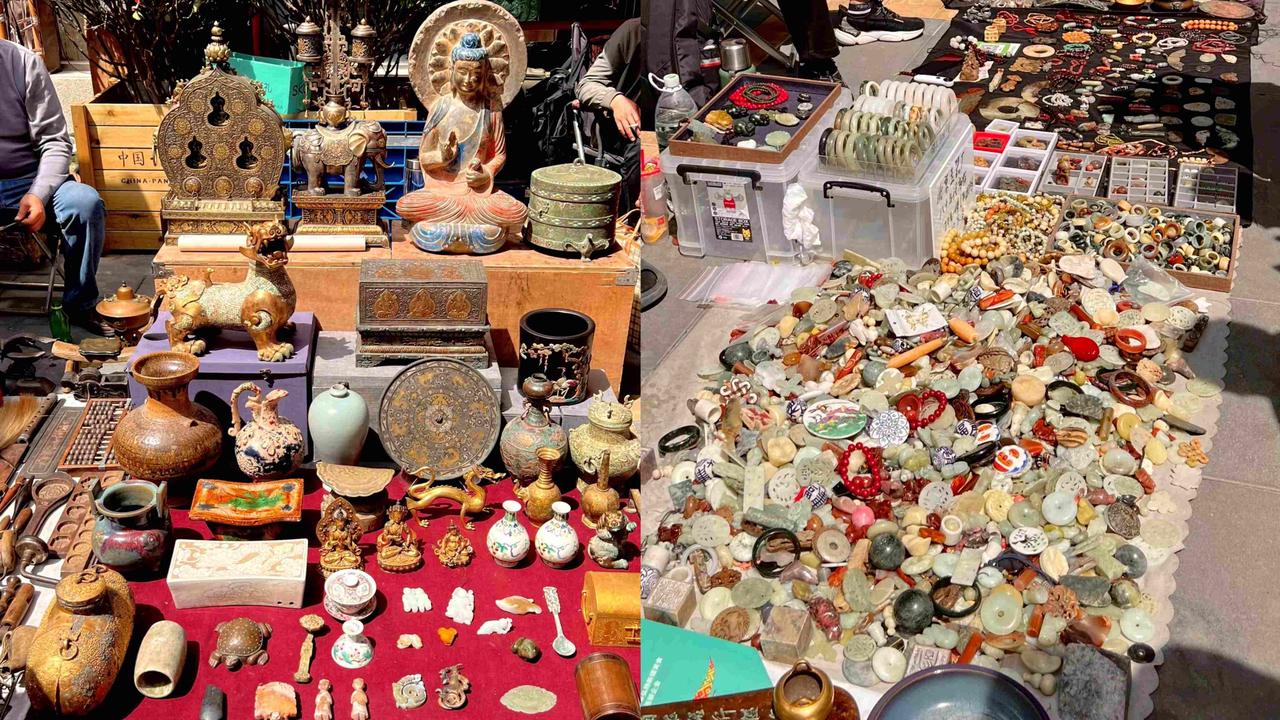
Full 10-Day Deep Exploration
-
Days 1–3: Same as classic highlights.
-
Day 4: Visit the Ming Tombs and Sacred Way; sample countryside meals such as farm-style chicken and fresh vegetables.
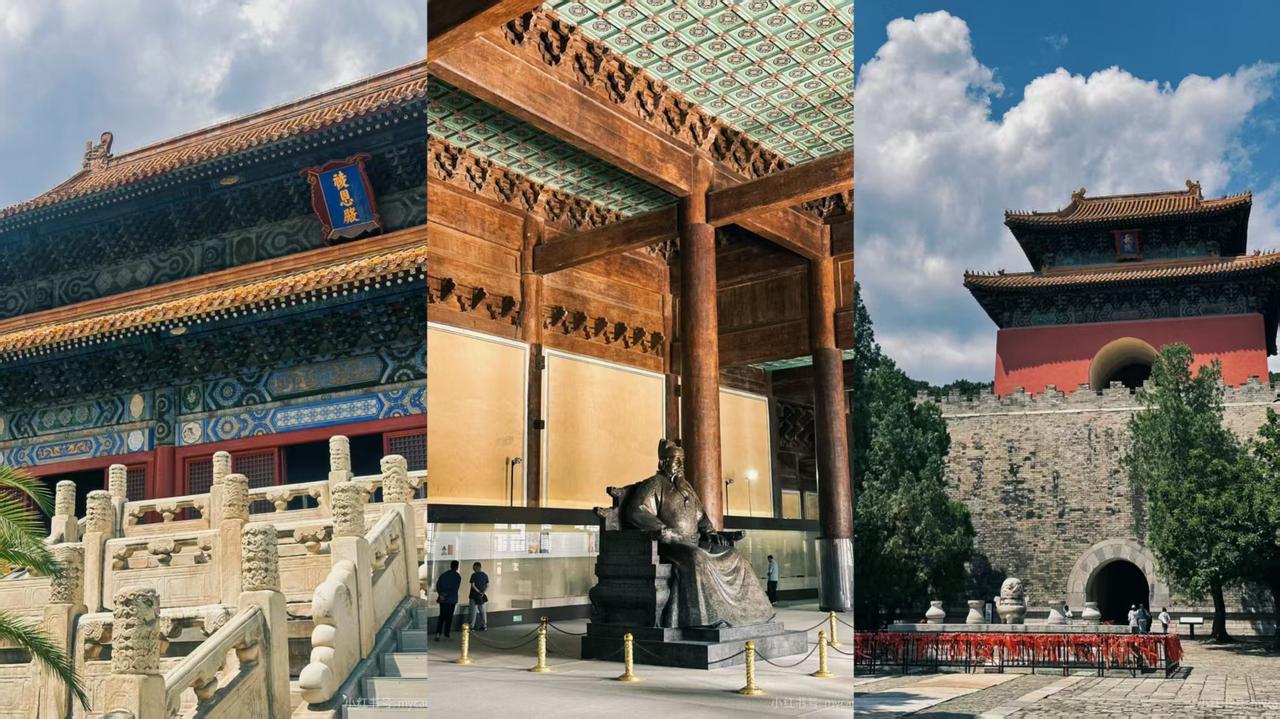
-
Day 5: Take a side trip to Chengde Mountain Resort in Hebei, with Manchu-style cuisine for lunch.
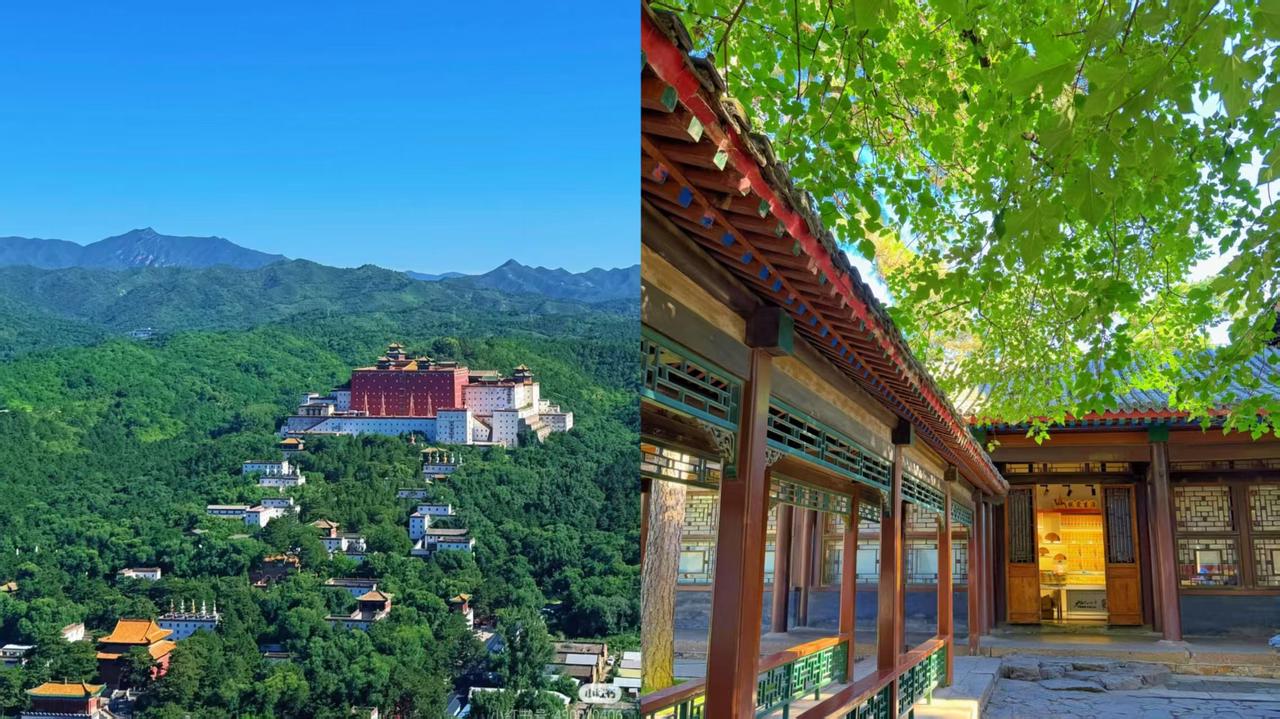
-
Day 6: Explore Tianjin as above.
-
Day 7: Discover Beijing’s modern skyline in the CBD; dine at upscale restaurants offering contemporary takes on Chinese dishes.
-
Day 8: Take a nature escape to Fragrant Hills or Hebei’s hot springs, pairing it with a rustic countryside meal.
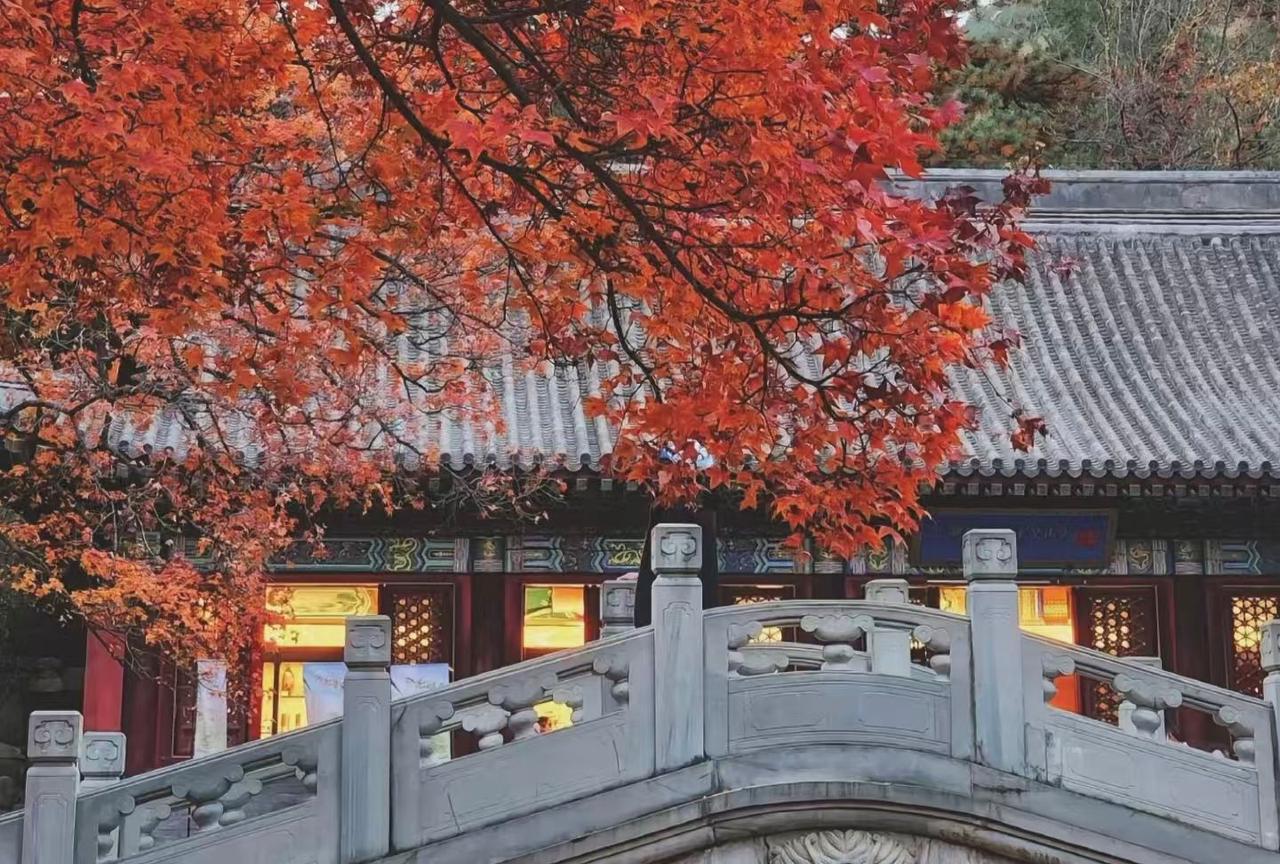
-
Day 9: Dedicate this day to a Beijing food crawl, sampling Lao Huihui pastries, halal dishes in Niujie, and Beijing-style hot dry noodles.
-
Day 10: Leisurely shopping at markets, sip tea at a traditional teahouse, and enjoy one last dumpling meal before departure.
Culinary Experiences Under Beijing 240-Hour Visa-Free Transit
Beijing’s cuisine reflects its diverse history and cultural influences. During your visa-free stay, indulge in:
-
Peking Duck: The city’s signature. Try Quanjude (century-old wood-fired style) or Siji Minfu (tender meat, crispy skin). Carved tableside, it’s wrapped in thin pancakes with scallions, cucumber, and sweet bean sauce for a balanced savory-sweet bite.
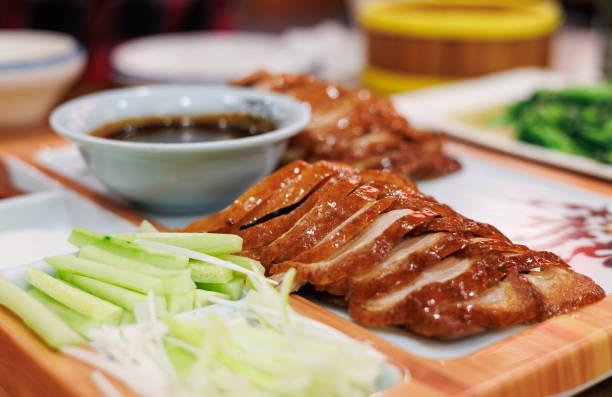
-
Street Food: Wander Wangfujing Snack Street or Nanluoguxiang hutongs. Grab mahua (fried dough twists), jianbing (crispy breakfast pancake), cumin-scented lamb skewers, or bingtang hulu (candied hawthorns)—classic local bites.
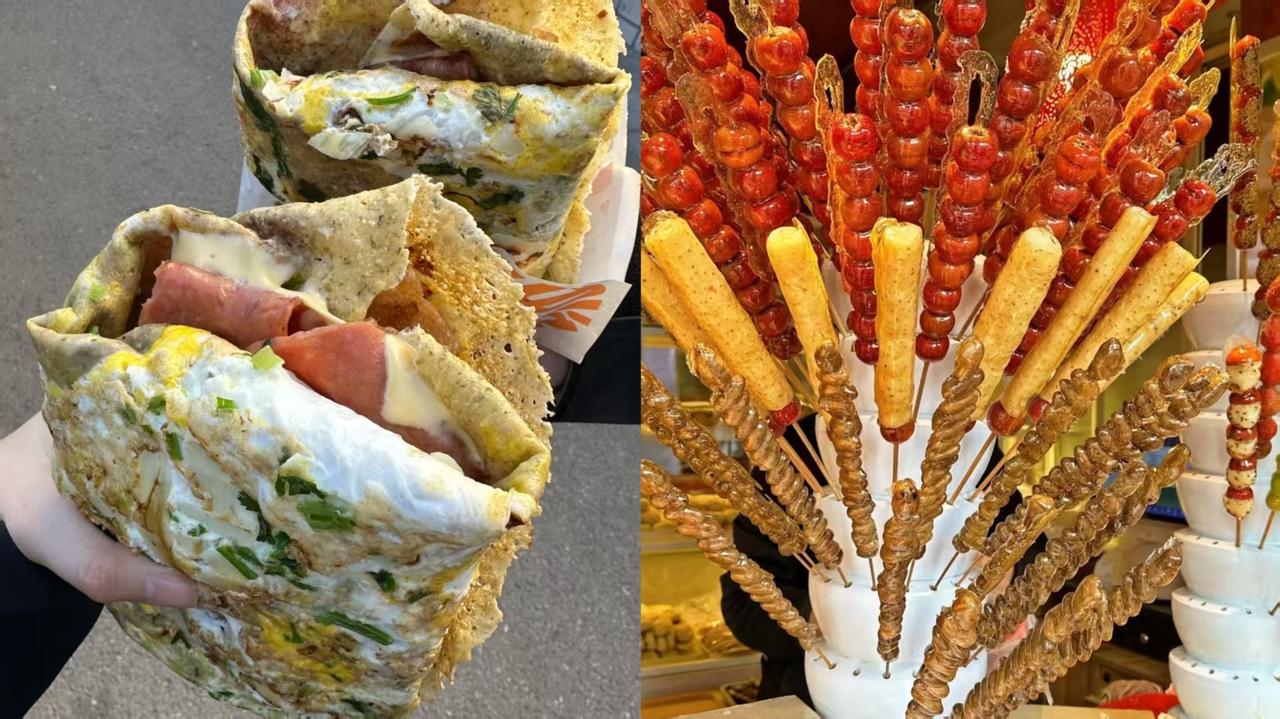
-
Halal Cuisine: Head to Niujie (Beijing’s oldest Muslim area) for juicy lamb skewers, chewy hand-pulled noodles in broth, and naihuo (sweet milk pastries)—authentic flavors from the neighborhood.
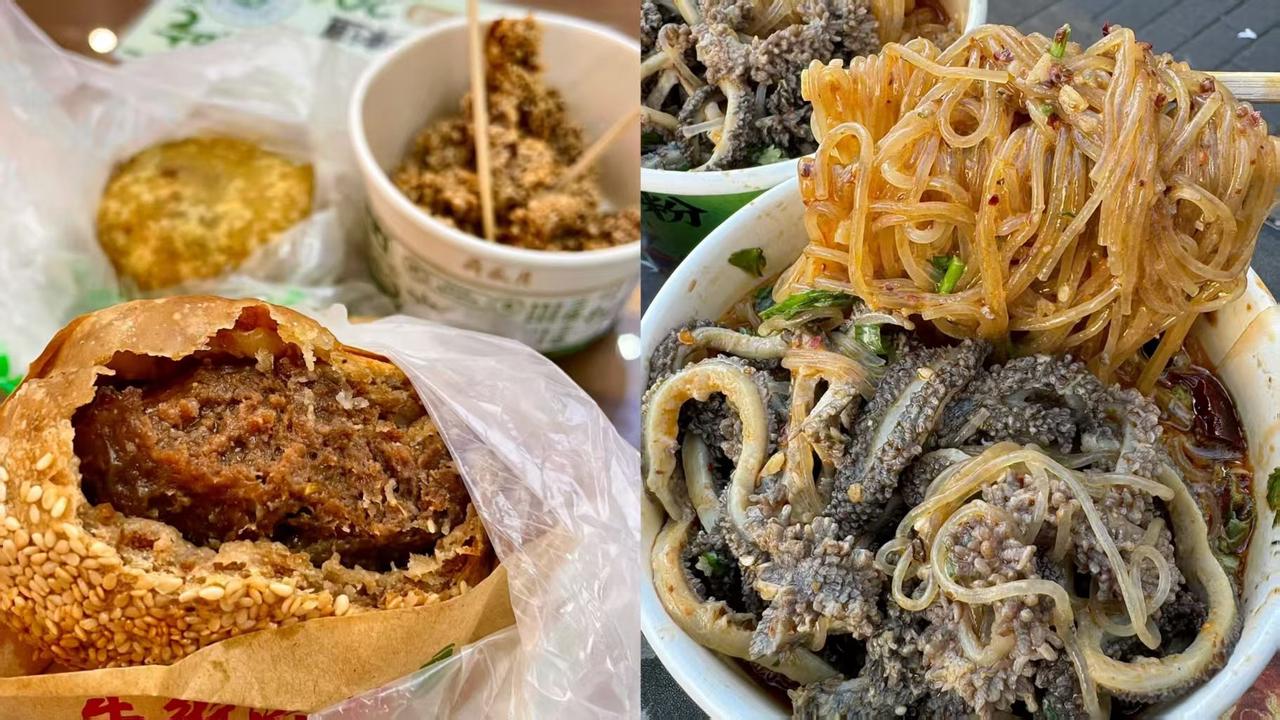
-
Traditional Pastries: Lao Huihui, a historic shop, serves doufu hua (soft bean curd cake), honggao (red bean flaky cake), and shaobing (sesame baked cakes)—perfect light snacks or souvenirs.
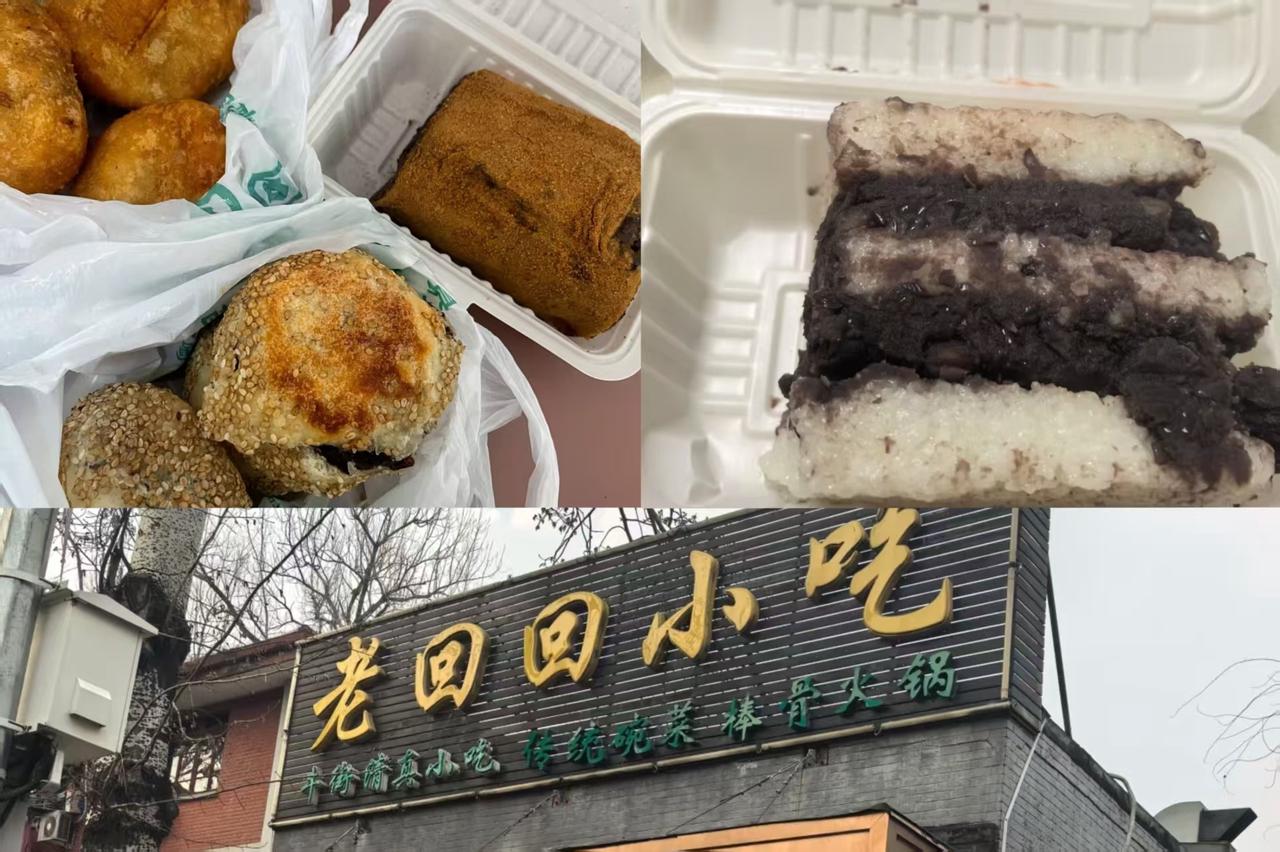
-
Dairy Products: Sanyuan Meiyuan’s plain yogurt (creamy, tangy) and fresh milk (local farm-sourced) are local favorites—great for a healthy breakfast or post-tour pick-me-up.
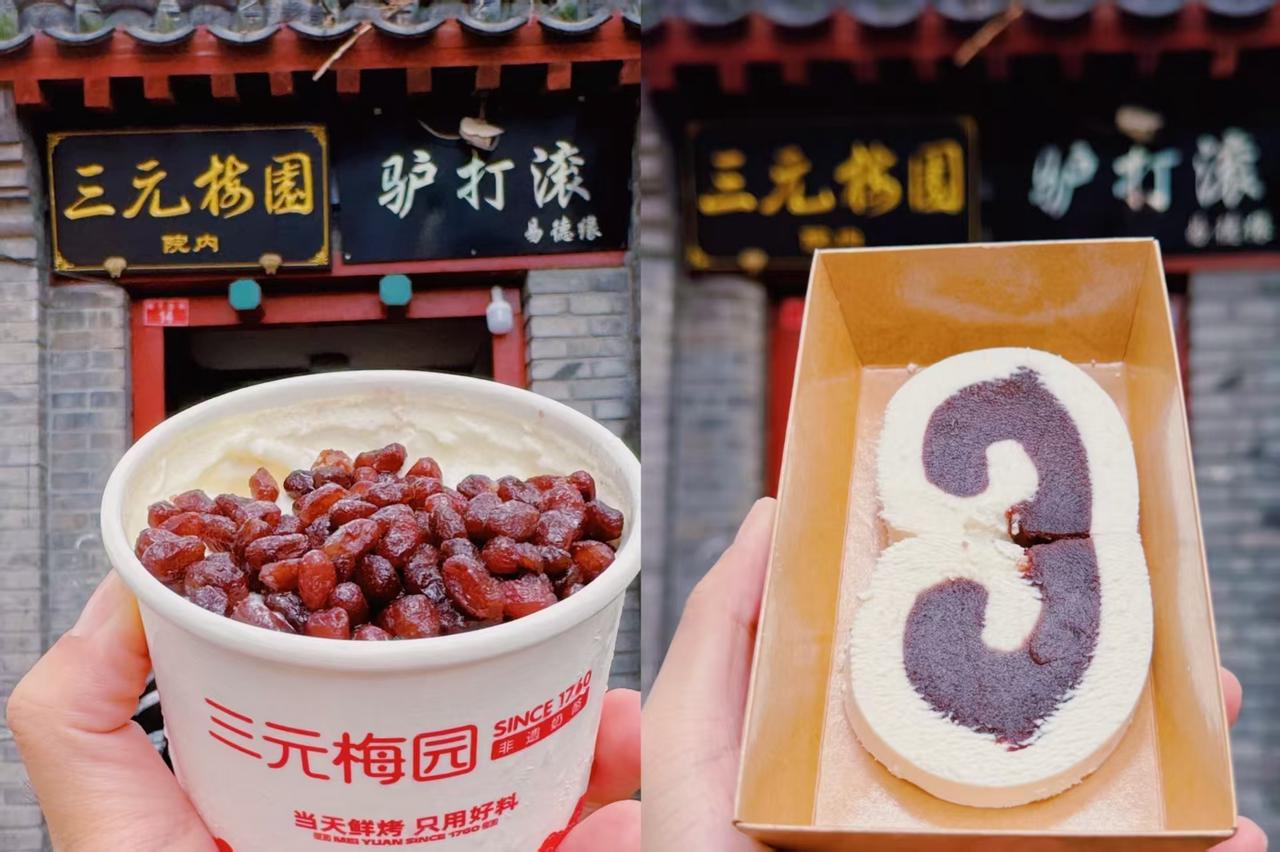
-
Seasonal Hotpot: A winter staple. Try halal lamb hotpot or spicy Sichuan hotpot. It’s a communal meal, ideal for warming up with travel companions.
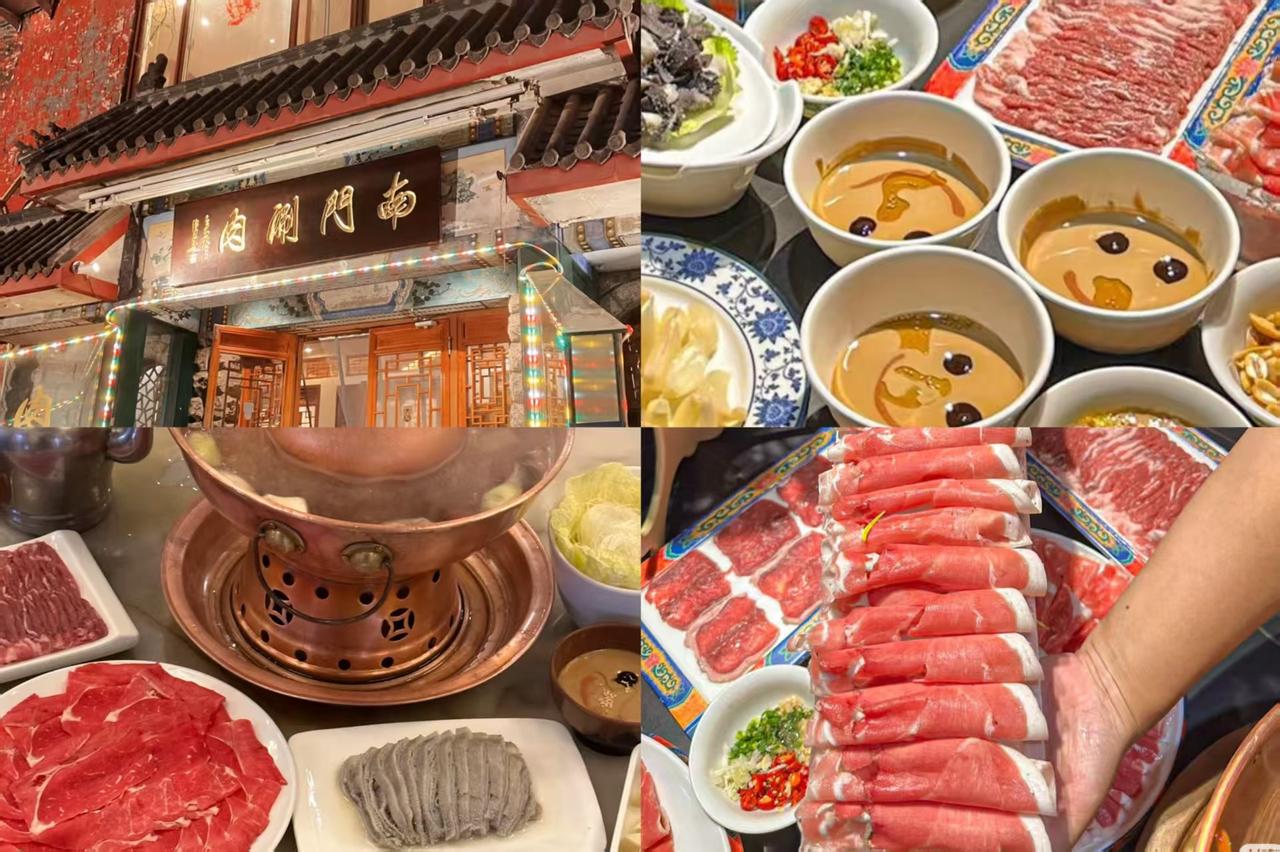
Cultural Experiences During Beijing 240-Hour Visa-Free Transit
To truly connect with Beijing, go beyond sightseeing and participate in local traditions:
-
Peking Opera: Watch at Chang’an Grand Theatre (central) or Zhengyici Ancient Theatre (historic wooden venue). Admire elaborate costumes, dramatic face paint, and acrobatics—early arrival gets you an English synopsis.
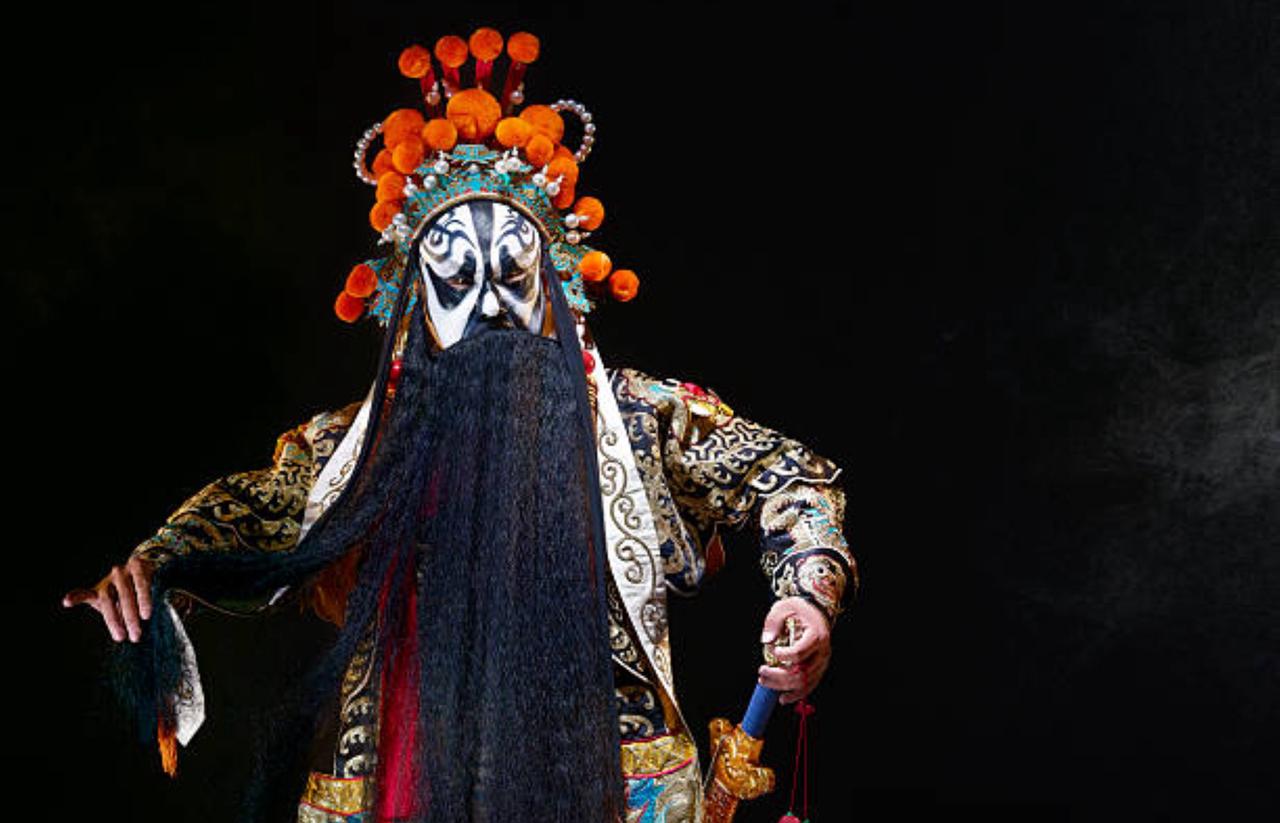
-
Tea Culture: Visit Laoshe Teahouse or Maliandao Tea Street. Join a tasting for longjing (green tea), pu’er (fermented tea), or jasmine tea, and learn brewing tips like water temperature control.
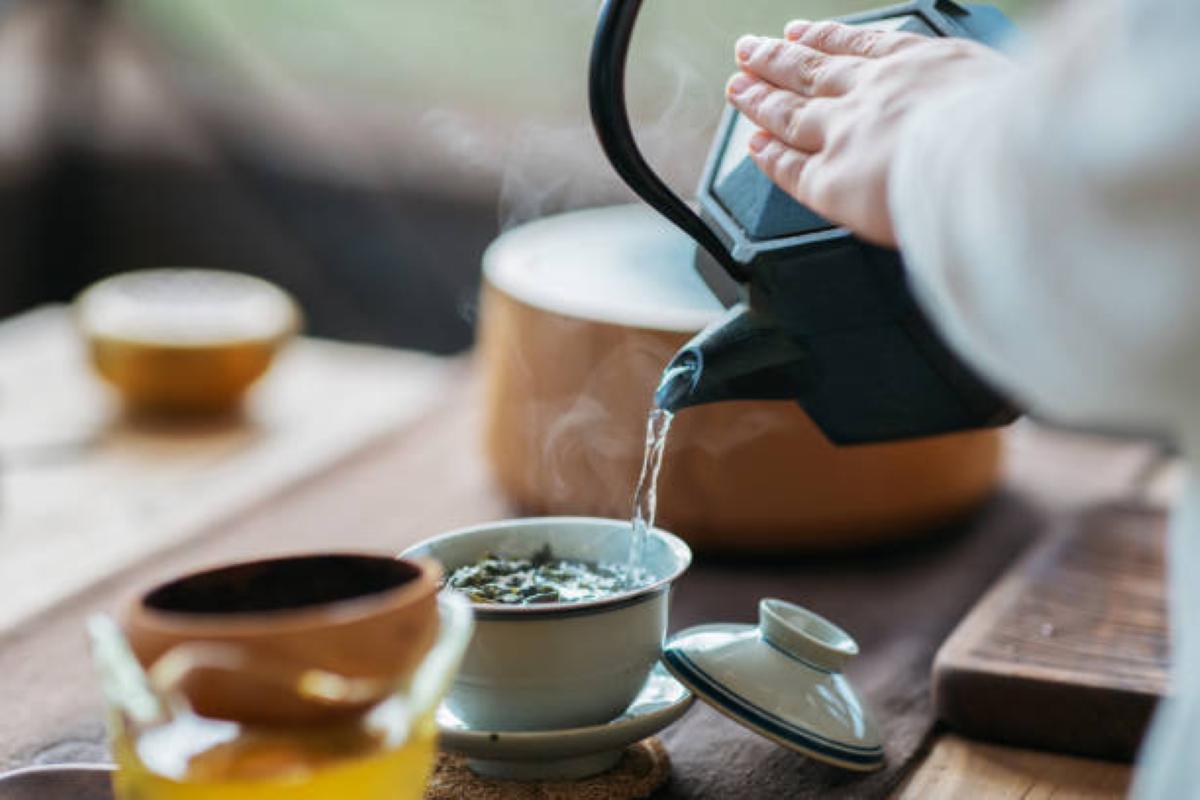
-
Workshops: Book hutong studio classes (near Shichahai or Wudaoying Hutong) for calligraphy, Chinese painting (bamboo/peonies), or dumpling-making. Take home your creations as souvenirs.
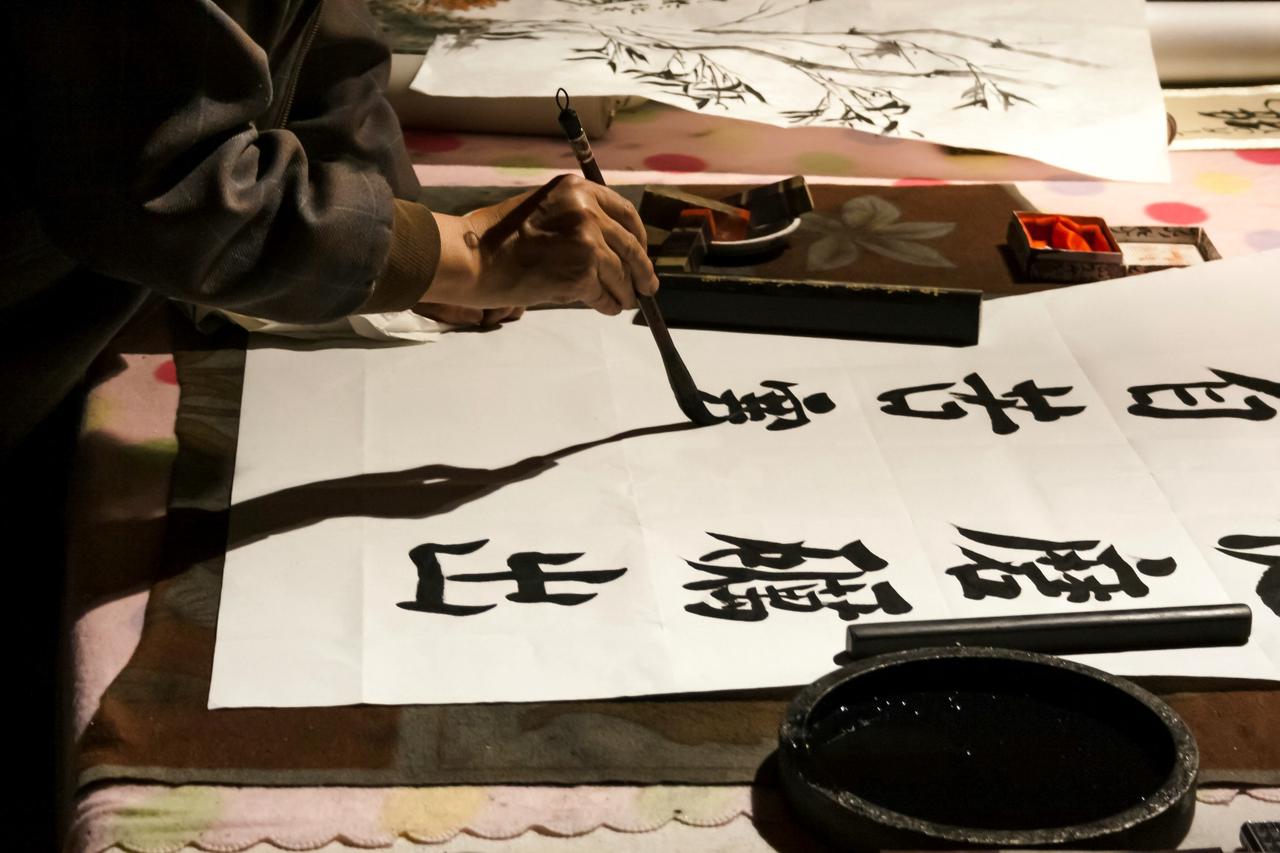
-
Kung Fu Shows: Red Theatre’s high-energy performances mix Shaolin Kung Fu, weapon skills, and storytelling—English subtitles help follow the plot, and tickets are easy to book online.
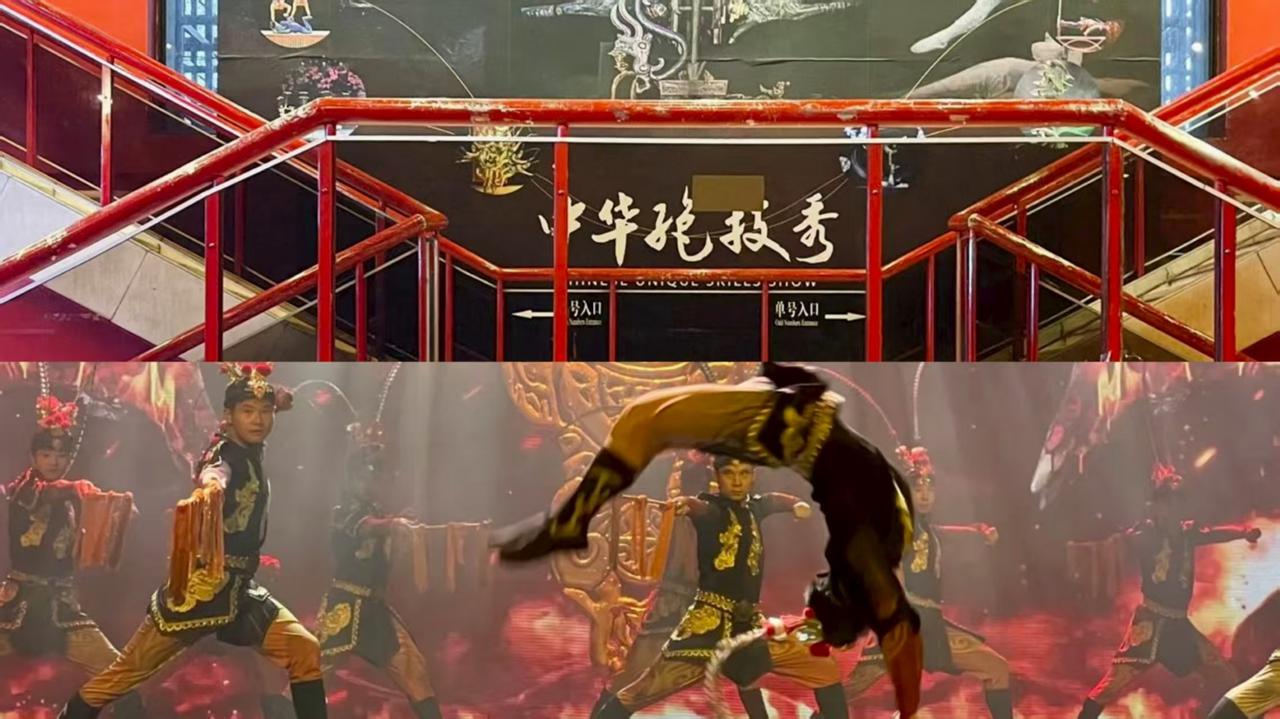
-
Temple Fairs: If visiting during festivals (Spring/Mid-Autumn), hit Ditan/Longtan Park fairs for lion dances, folk opera, street food, and games like ring-tossing. Grab handmade crafts too.
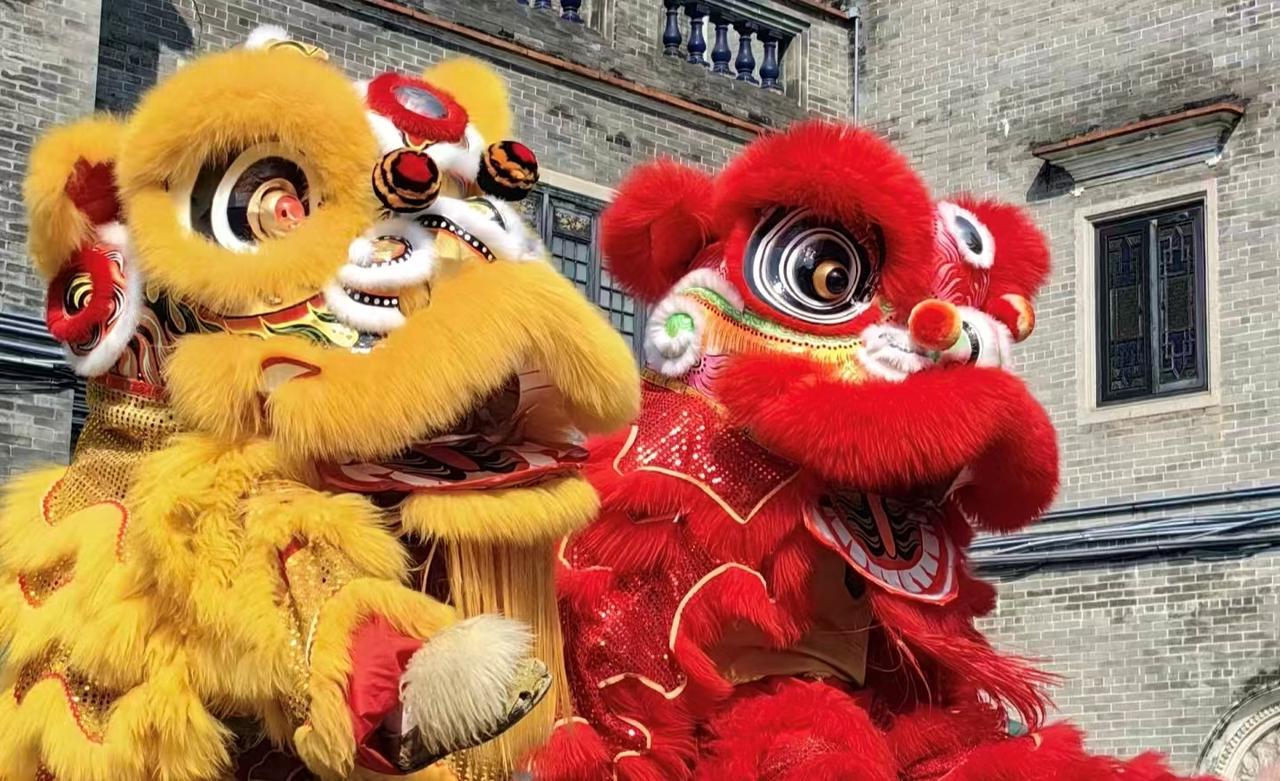
-
Cycling Tours: Rent a bike to cycle Shichahai Lake (courtyards, lakeside cafes), Second Ring Road greenways (ancient walls), or Nanluoguxiang—stop to chat with locals or snack.
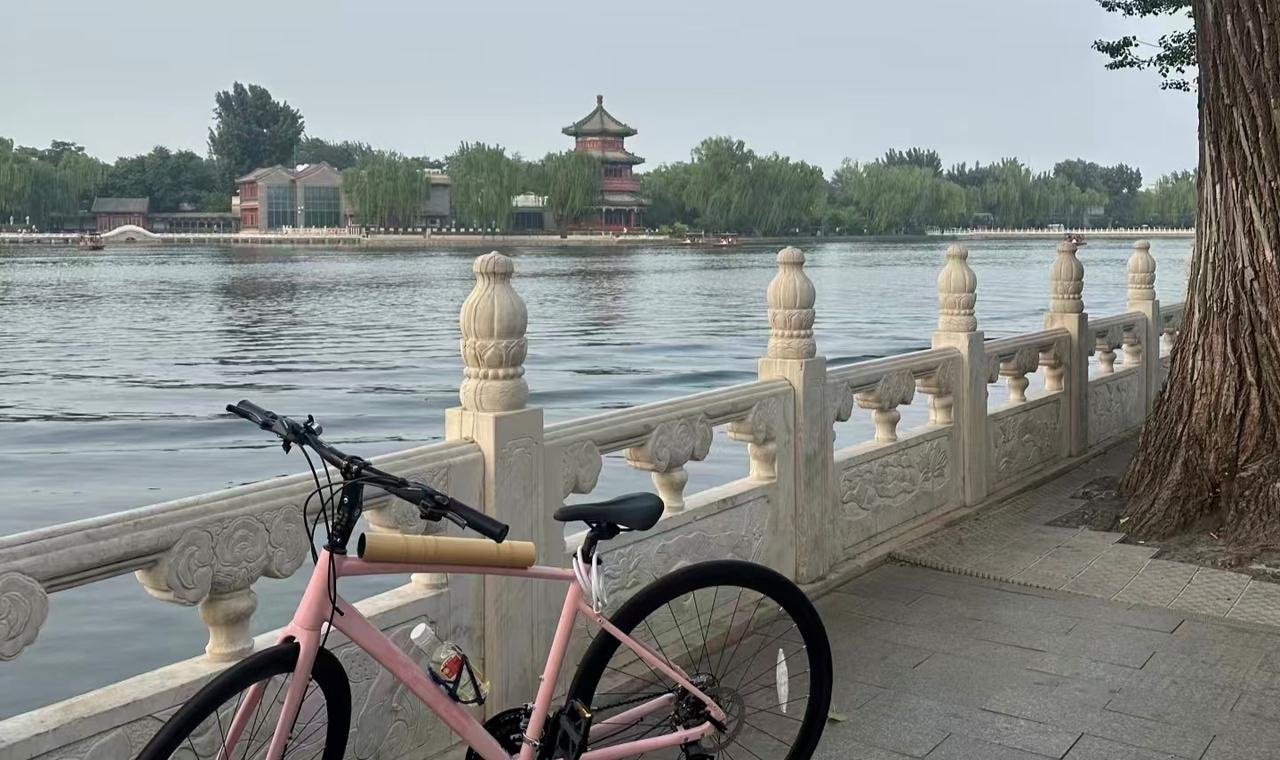
Practical Tips for Beijing 240-Hour Visa-Free Transit
Transportation
-
Airport Transfers: Choose from three convenient options—take the Airport Express (fastest, with trains every 10-15 minutes, connecting to downtown subway lines);use DiDi ride-hailing (download the app in advance, support English and foreign payment cards);or flag down a taxi (look for official green/blue taxis with meters to avoid scams).
-
Within City: Rely on Beijing’s extensive subway system—all stations have clear English signage, and tickets can be bought via self-service machines (accept cash or mobile payments). Avoid rush hours (7:30-9:00 AM, 5:30-7:00 PM) for a more comfortable ride.
-
Day Trips: Take high-speed rail for short getaways—trains to Tianjin take just 30 minutes (from Beijing South Railway Station), while trips to nearby Hebei cities like Zhangjiakou (for skiing) or Chengde (for imperial gardens) take 1-2 hours. Book tickets via the 12306 app (English version available) or at station counters.
Accommodation
-
Luxury: Opt for international hotel brands (e.g., Hilton, Marriott) near Chaoyang District—close to business areas, shopping malls (like Sanlitun), and foreign embassies, with multilingual staff and premium amenities.
-
Boutique: Stay in Hutong courtyard guesthouses (e.g., near Nanluoguxiang or Shichahai)—these renovated traditional yards blend old Beijing charm with modern comfort, and many offer cultural experiences like tea ceremonies.
-
Budget: Pick hostels near Houhai Lake or university areas (e.g., Wudaokou)—affordable, social, and ideal for backpackers. Most provide dorm beds and private rooms, plus easy access to local snacks and public transport.
Payments & Connectivity
-
Mobile Payments: Alipay and WeChat Pay now support foreign-issued credit/debit cards (Visa, Mastercard). Link your card in the app to pay for subways, taxis, restaurants, and shops—most places no longer require a Chinese bank account.
-
Cash: Still keep some Chinese yuan (CNY) handy—small vendors (like street food stalls or hutong convenience stores) may only accept cash. Exchange money at airport banks or use ATMs (look for ones with Visa/Mastercard logos) downtown.
-
SIM Cards: Grab a temporary tourist SIM card at Beijing Capital Airport or Daxing Airport—counters are near arrivals, offer 3-7 day plans with data and local calls. Bring your passport for registration, and staff can help set it up.
Seasonal Travel Advice
-
Spring (March-May): Enjoy blooming scenery—visit Yuyuantan Park for cherry blossoms or the Summer Palace for peach blossoms. It’s also perfect for walking tours in hutongs, with mild temperatures (10-20°C).
-
Summer (June-August): Beat the heat (25-35°C) by exploring indoor attractions (e.g., the National Museum) in the afternoon, then head to late-night food streets (like Wangfujing Snack Street) for skewers and cold noodles after sunset.
-
Autumn (September-November): The best season for Great Wall hiking—clear skies, cool weather (10-25°C), and golden foliage. Choose Mutianyu or Jinshanling sections for fewer crowds and stunning views.
-
Winter (December-February): Embrace the cold (0-10°C)—warm up with hotpot (try lamb hotpot in hutongs) or go skiing at Nanshan Ski Resort (1.5 hours from downtown). Plus, major attractions like the Forbidden City have far fewer tourists.
Safety & Etiquette
-
Documents: Carry your passport (or a copy of it) at all times—you may need to show it when checking into hotels, buying high-speed rail tickets, or entering some scenic spots.
-
Emergency Contacts: Save key numbers—110 for police (some operators speak basic English), 120 for ambulance, and 119 for fire. For tourist help, call the Beijing Tourism Service Hotline (12345, English support available).
-
Markets: Polite bargaining is acceptable in local markets (e.g., Panjiayuan Antique Market or Silk Street). Start with a price 30-50% lower than the vendor’s quote, and keep the tone friendly—no pressure to buy if you can’t agree.
Further Reading about Beijing
1.Ultimate Beijing Subway Guide for Foreign Travelers(2025 update) 2.What to Eat in Beijing in 2025? Your Seasonal Food Guide 3.Beijing's Must-Pack Treats for Your Trip Home (2025)
The Beijing 240-hour visa-free transit policy is more than just a travel regulation—it’s a gateway to experiencing the heart of northern China. In up to 10 days, you can explore ancient palaces, hike the Great Wall, wander artistic neighborhoods, savor Beijing cuisine, and enjoy cultural performances. With smart planning, this policy transforms what could have been a simple layover into a once-in-a-lifetime adventure!
